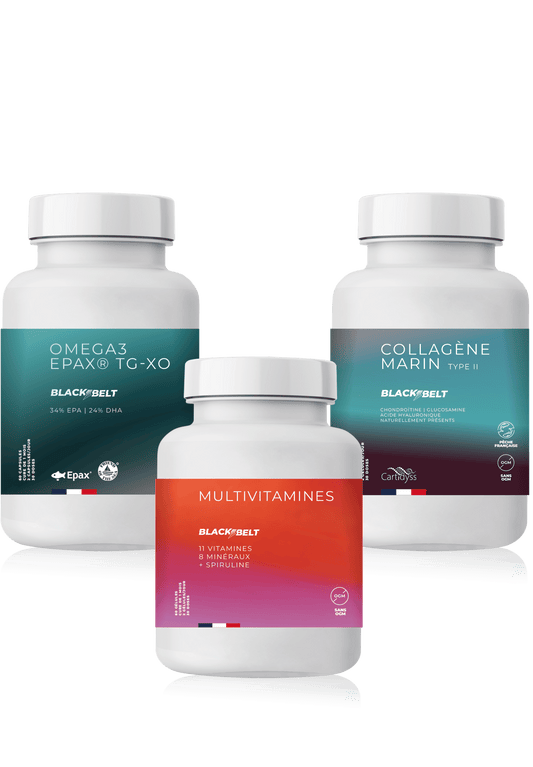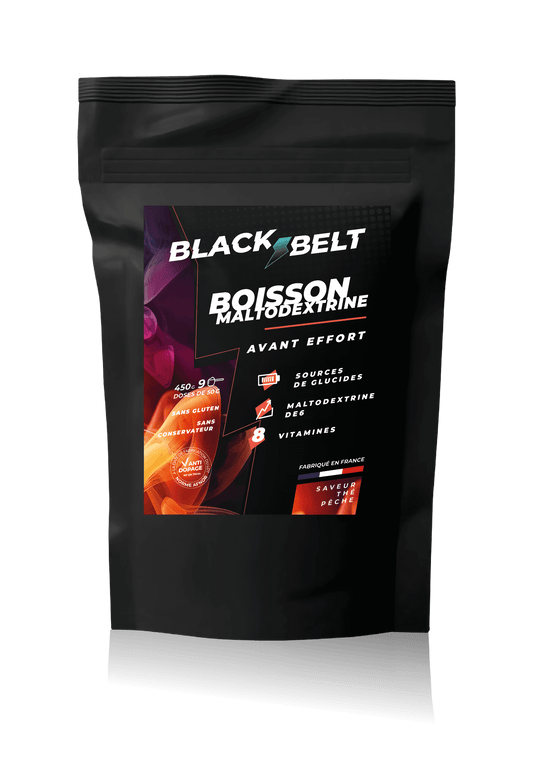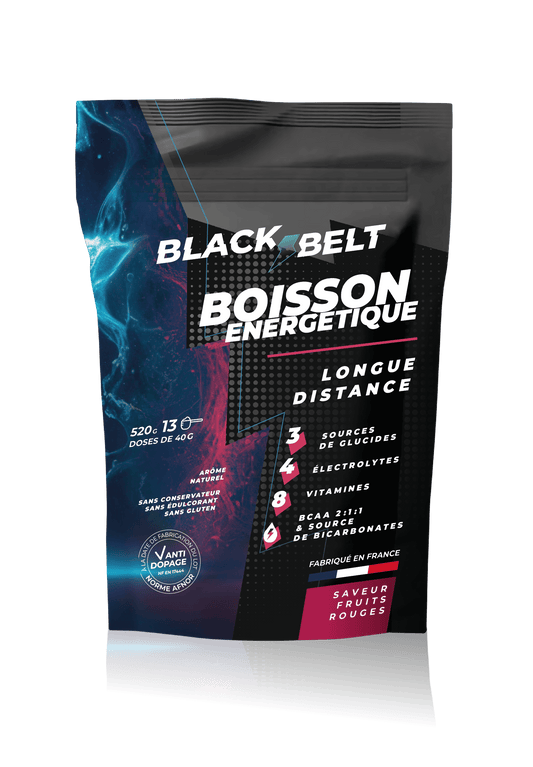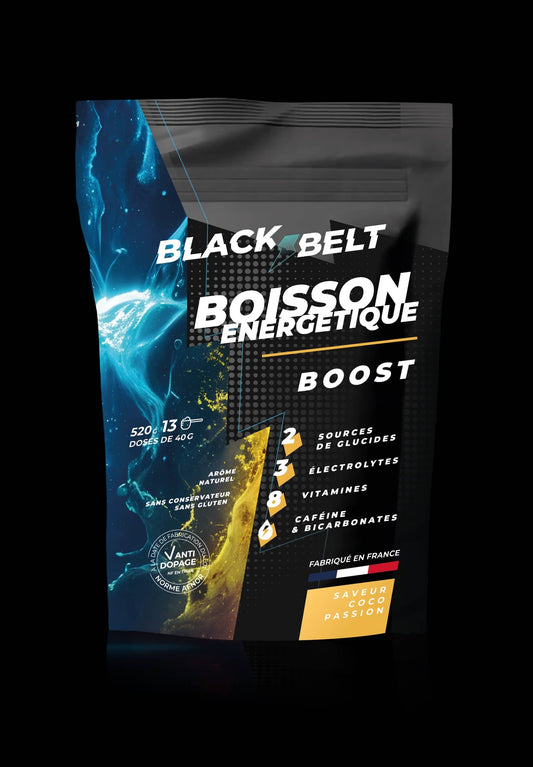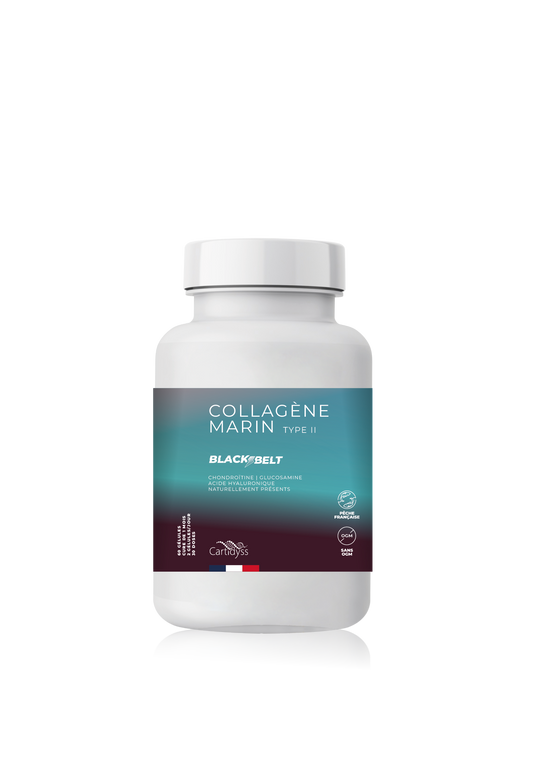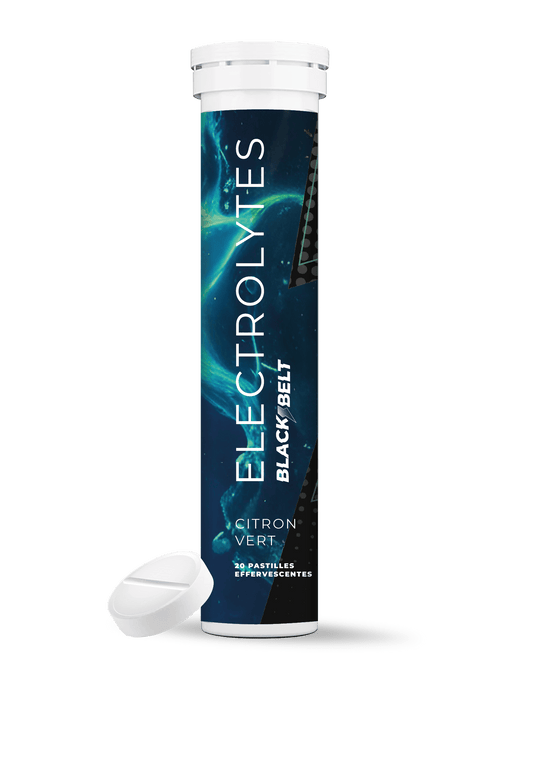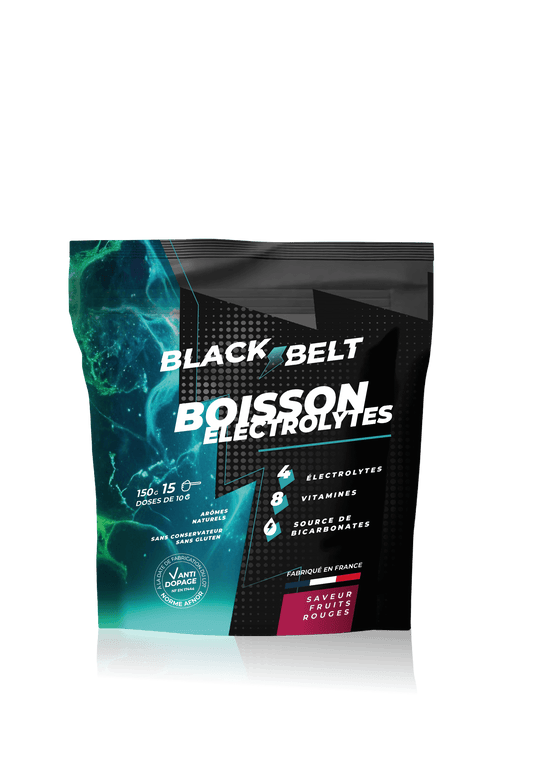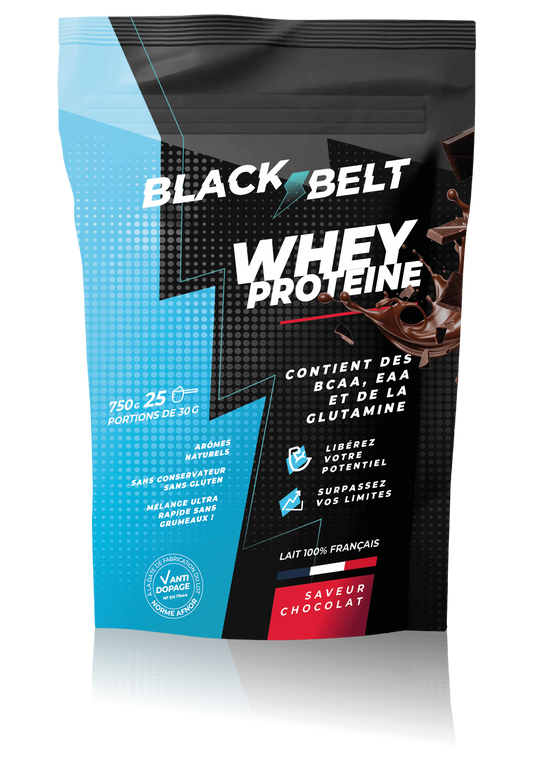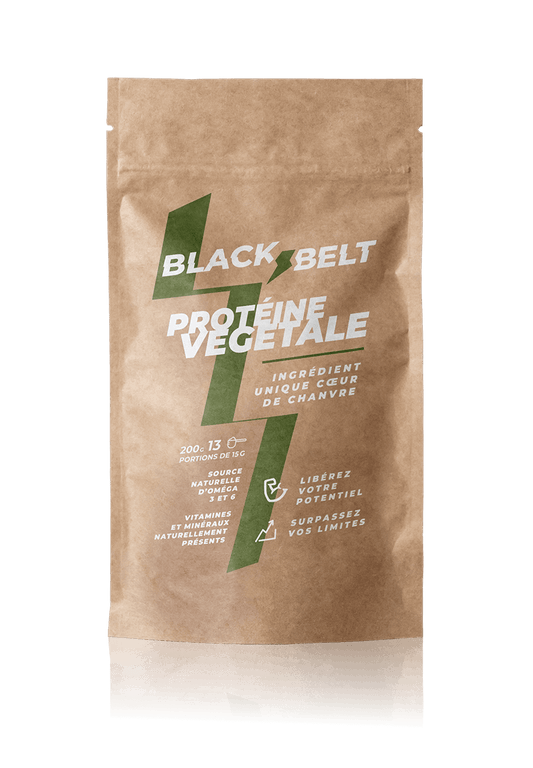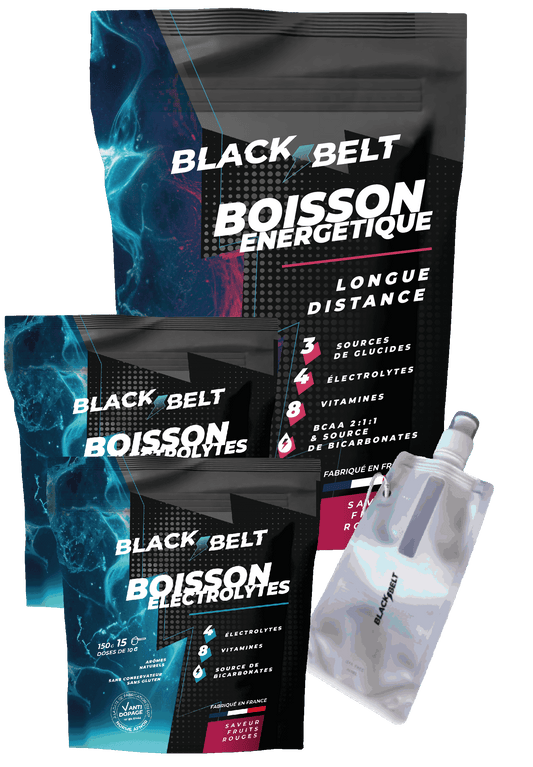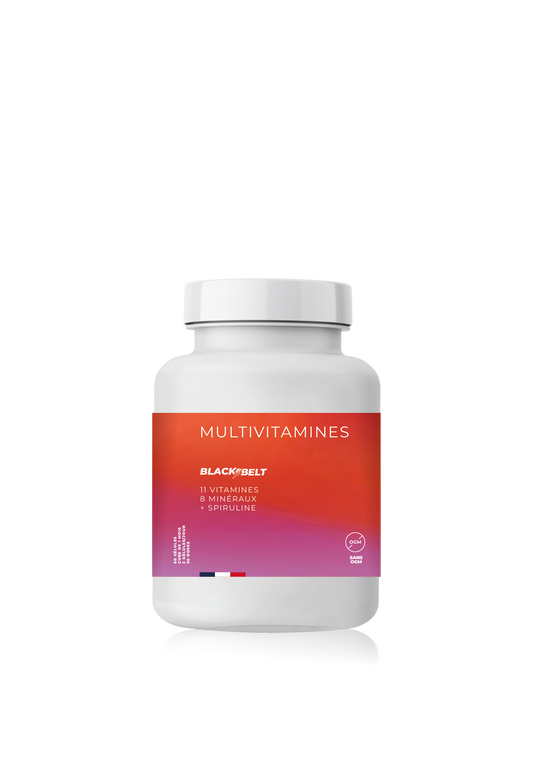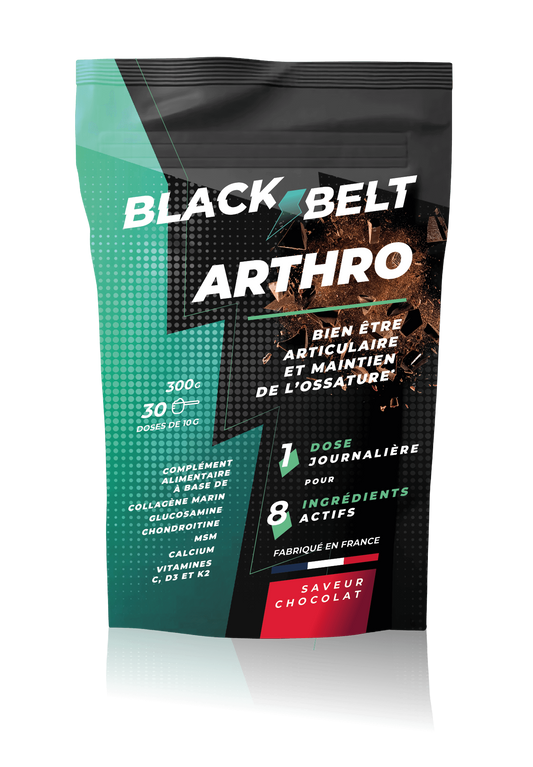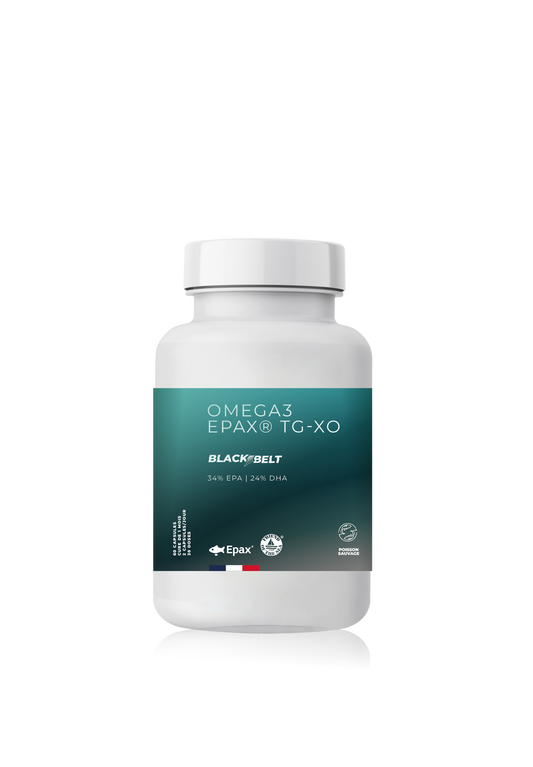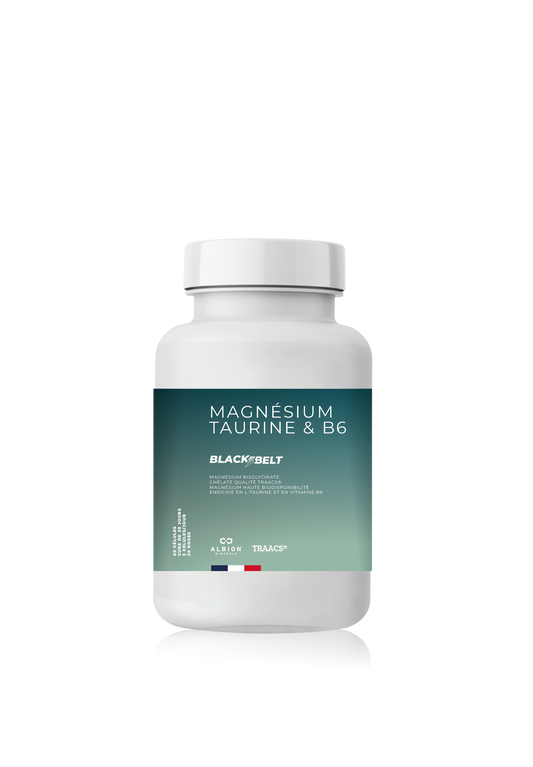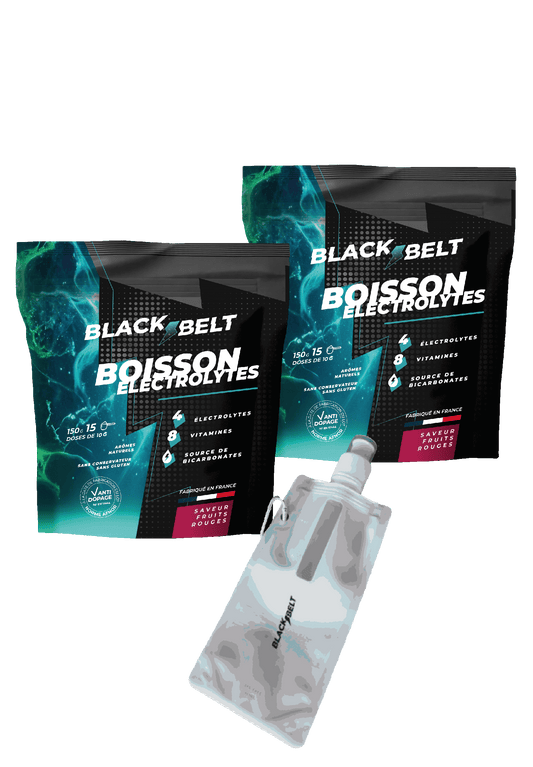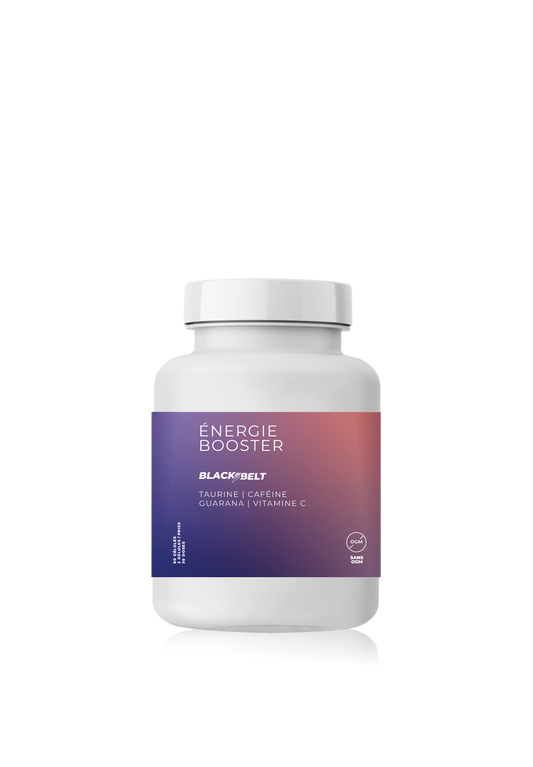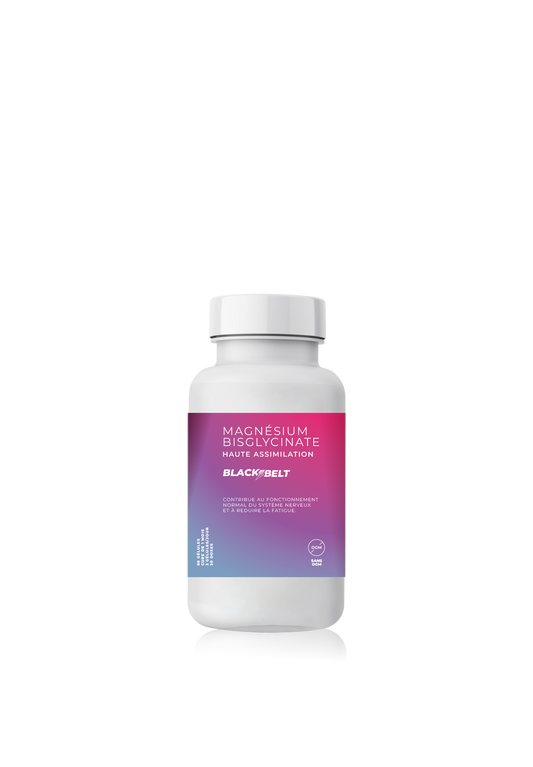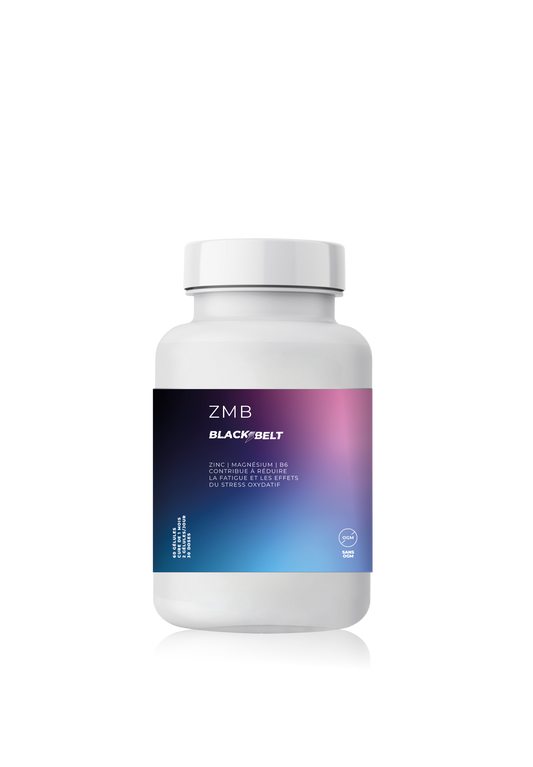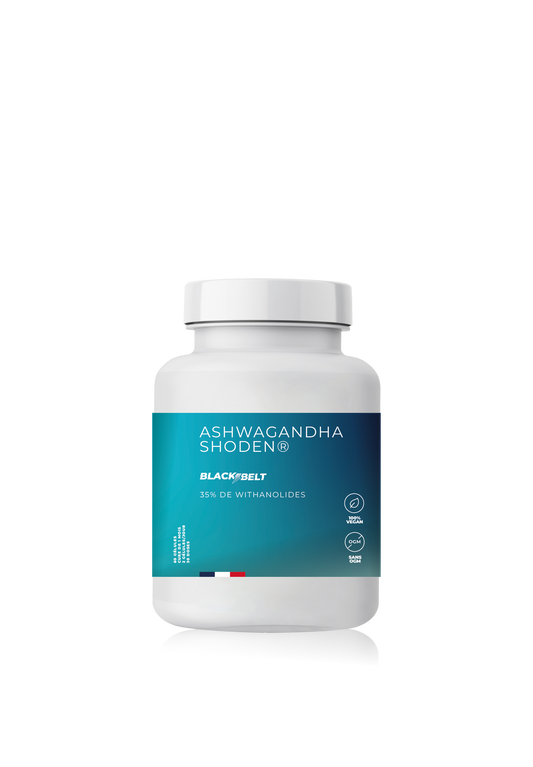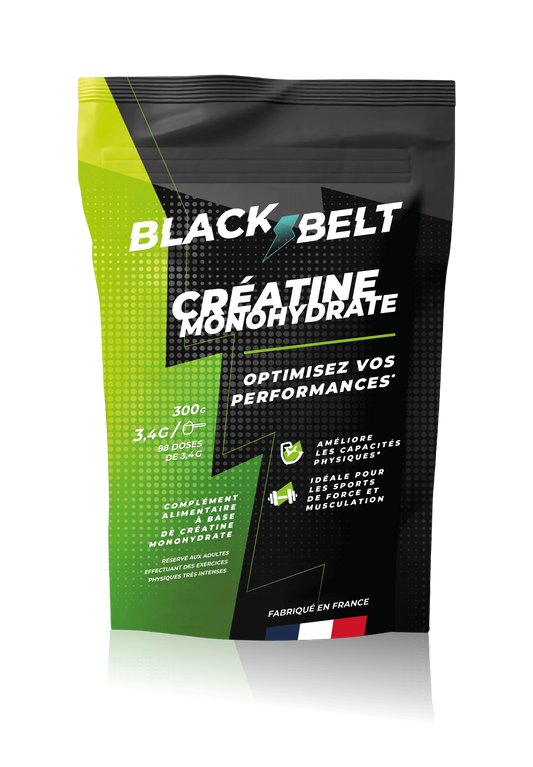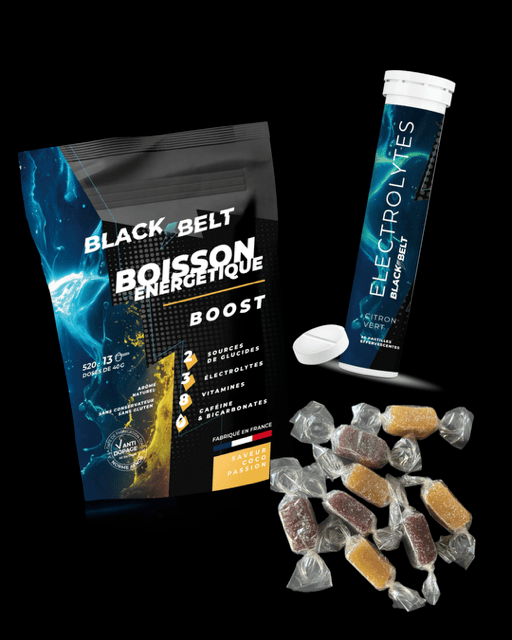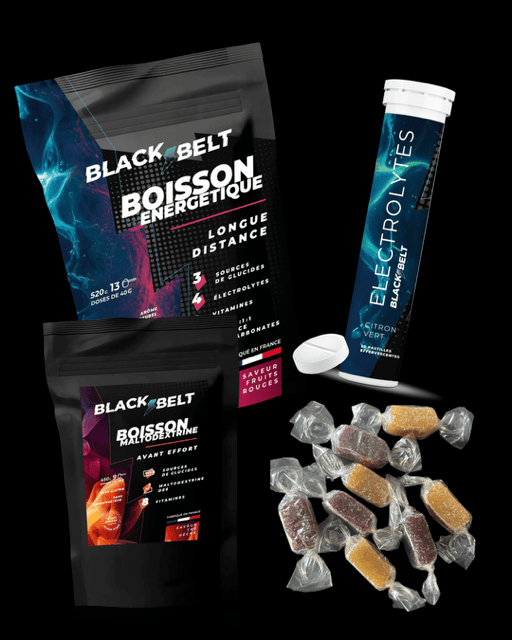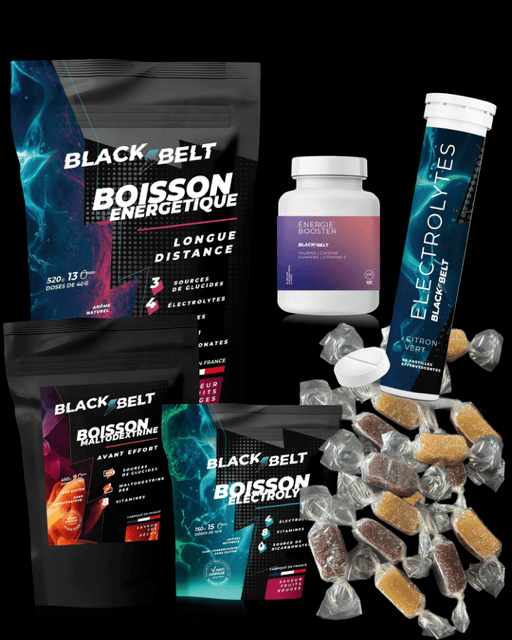
Share
Association of magnesium and calcium in endurance athletes
Endurance athletes put intense demands on their bodies, making it crucial to pay close attention to their intake of essential minerals such as magnesium and calcium. These two nutrients play fundamental roles in athletic performance, bone health, and muscle function.
Roles of magnesium and calcium
Magnesium is involved in over 300 enzymatic reactions, contributing to energy production, protein synthesis, and proper nerve and muscle function. Studies have shown a positive association between magnesium status and muscle performance, including grip strength and lower limb power. Of course, we offer high-absorption magnesium at blackbelt.
Calcium, on the other hand, is essential for muscle contraction, nerve transmission, and blood clotting. It plays a key role in maintaining bone mineral density, thus reducing the risk of fractures, which is particularly important for athletes undergoing intensive training. But for proper absorption, it is also important to combine it with vitamin D and even C. This is why we have developed a bone and joint wellness complex that is essential for athletes to go even further in meeting the needs of runners and endurance sports.
Importance of the balance between magnesium and calcium
Adequate magnesium and calcium balance is crucial in endurance sports . Excessive calcium intake relative to magnesium can disrupt various physiological functions. Studies have shown that the dietary calcium:magnesium (Ca:Mg) ratio can alter the relationship between physical activity and mortality, highlighting the importance of maintaining an appropriate balance between these two minerals.
Also, remember to regularly update amultivitamin to replenish nutrients for your body.
Calcium and Magnesium Recommendations for Endurance Athletes
• Magnesium intake: It is recommended that athletes consume foods rich in magnesium, such as green leafy vegetables, nuts, seeds and whole grains, to support muscle and nerve function.
• Calcium intake: Dairy products, green vegetables and calcium-fortified foods are ideal sources for maintaining bone health and ensuring efficient muscle contraction.
• Supplementation: Before considering magnesium or calcium supplementation, it is essential to consult a healthcare professional or sports nutritionist to assess individual needs and avoid any potential imbalances.
How can we not recommend our article on the topic: should runners consume protein and what is the best whey for them ? In this article we also talk about EAAs and BCAAs.
Obviously, during long distance or long distance courses electrolyte drinks are highly recommended to avoid hyponatremia and other hypoglycemia.
In conclusion, to optimize their performance and maintain their health, endurance athletes must pay particular attention to their magnesium and calcium intake, ensuring that they maintain an appropriate balance between these two essential minerals.








